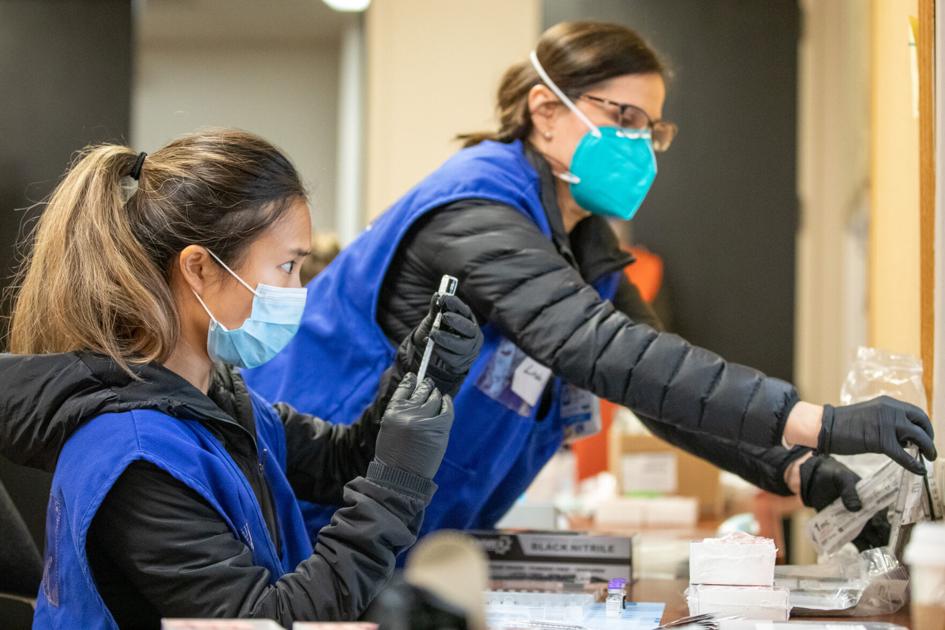San Mateo County authorities announced on Thursday that, starting February 22, they will expand COVID-19 vaccinations to teachers and childcare providers, first responders and agricultural and food workers who are eligible for Phase 1B of the state, as the supply allows.
“People are understandably crying out for the vaccine, and we need to act as quickly as possible to make it happen as quickly as possible,” said San Mateo County Supervisor, Carole Groom, in a prepared statement. “We must do everything we can under the restrictions we have to limit the enormity of the pandemic, as COVID-19 continues to devastate our community.”
Following the state level system, the county, in partnership with private providers, has focused on immunizing health professionals, residents of long-term care facilities and the elderly since the Pfizer and Moderna vaccines became available in December. This week, a third of the elderly aged 65 and over in San Mateo County received the first dose of the vaccine, according to the county.
This effort will expand on February 22 to include essential eligible workers, such as educators, child care, law and enforcement providers and agricultural and food workers, which include certain grocery workers, as limited vaccine supplies allow.
“Putting vaccines in the arms of San Mateo County residents is our highest and most urgent priority,” said County Supervisor Dave Pine, who, along with Groom, is a member of a COVID-19 Council subcommittee. Pine added that serious supply constraints are complicating efforts and called for patience and understanding.
The rationale for waiting until February 22 to expand eligibility is that this allows the county and partners to focus on vaccinating health workers and residents age 65 and older who are most at risk of death from the coronavirus. More than 8 out of 10 of the 447 deaths in San Mateo – 84% – are people aged 65 and over.
The county, through San Mateo County Health and the county-run San Mateo Medical Center, works closely with private health care providers, community organizations and other partners to vaccinate eligible residents. As vaccine delivery allows, the county on February 22 will provide pathways for immunization for newly eligible residents who do not have access to the vaccine through their regular health care provider, according to the county.
The county is working with organizations representing educators, childcare workers, police and farm and restaurant workers to support vaccination plans based on an equity framework. The county will encourage local health providers to vaccinate priority populations in low-income neighborhoods whenever possible before opening consultations with the broader eligible population, according to authorities.
Nearly 85,000 people received the first dose of the vaccine by Sunday. Nearly 20,000 completed the two-dose vaccine series.
